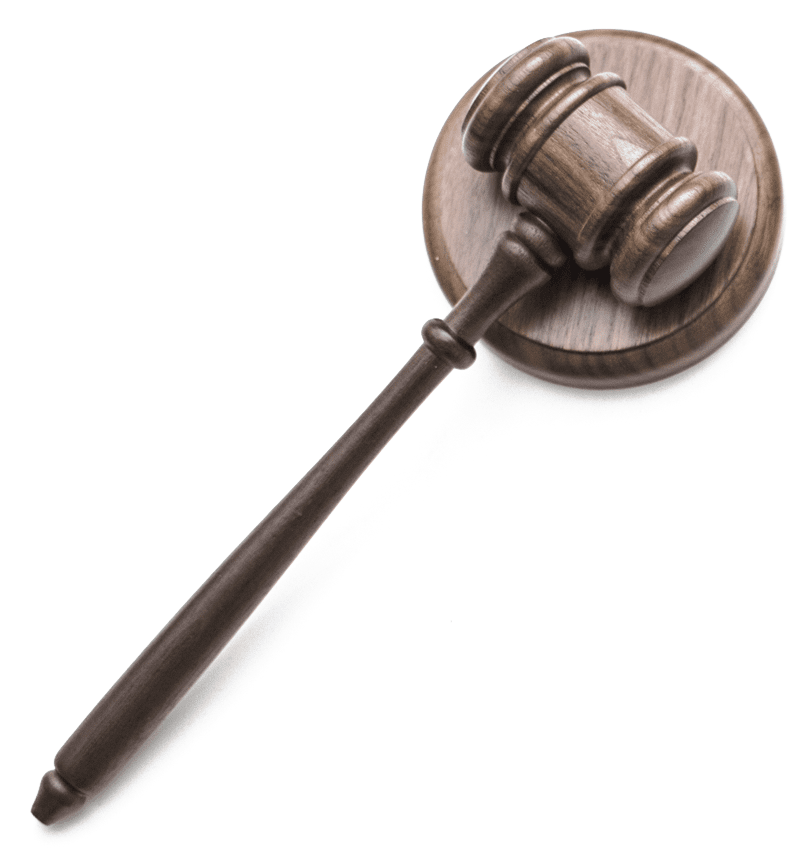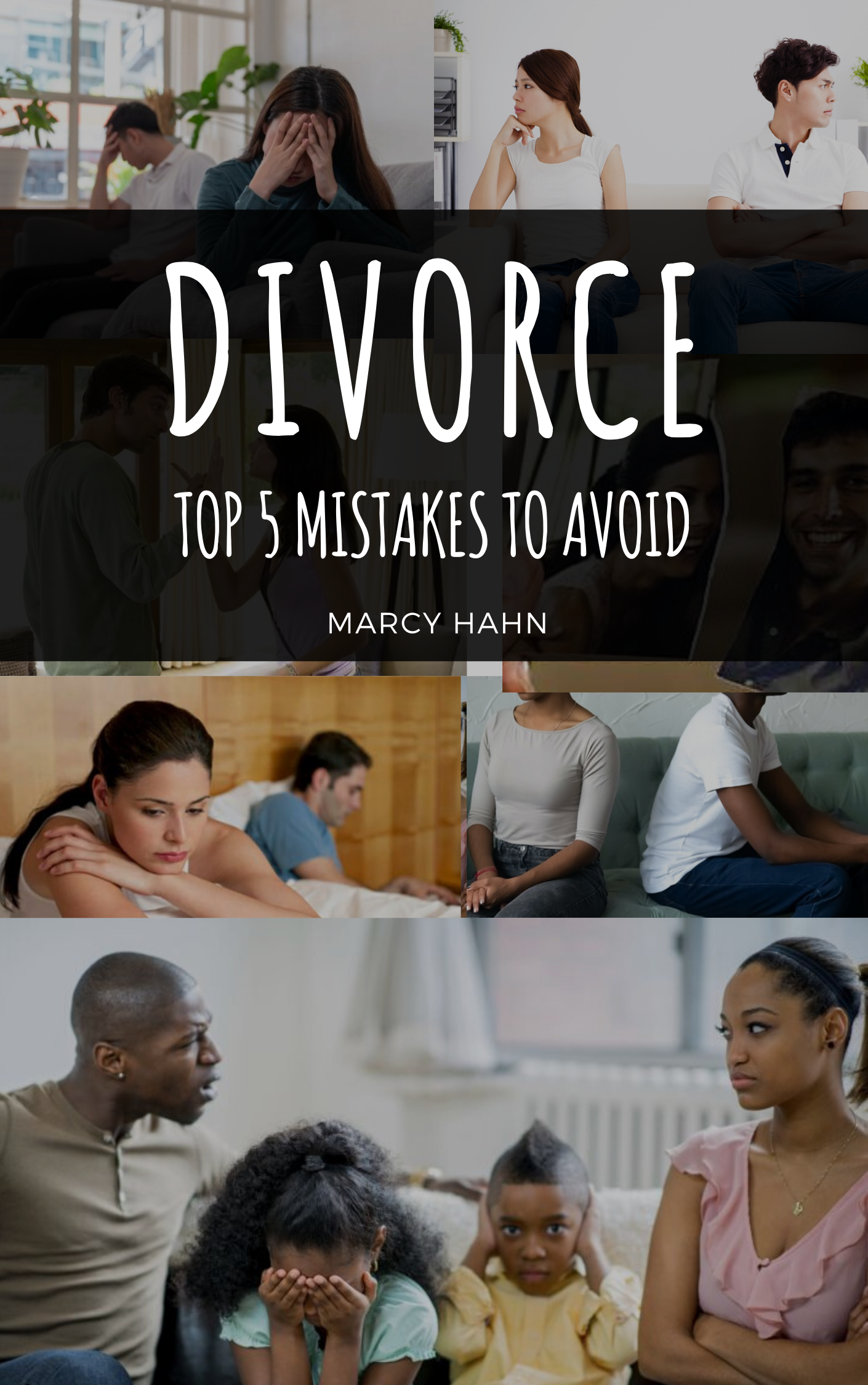
Overview
Hi, I’m Marcy Hahn. This is Divorce: What to Expect. In today’s episode, we’re going to focus on the kids and what can you do to help them through… this time can be so devastating for your kids; going through a divorce just rocks their sense of security and stability. And it really upends everything that they’ve ever known because all they’ve ever done is live in the same house with both of their parents. And now that’s about to change. And no matter which of you is going to be living out of the home that they’ve known the whole time, it’s going to be a big adjustment for them. And I’m sure that you’re really worried about how to deal with it, how to get them through it, what can you do to minimize their pain?
Learn More
What can you do to minimize their pain?
Well, research shows that the number one predictor of how well your kids are going to handle the divorce is how much conflict they experience.
And this is something that we’re going to spend a lot of time on in another episode where we’re going to interview a child psychologist and really talk about her research in those findings. But for purposes of today, we’re going to accept that research as true. And we’re going to accept that if you can minimize conflict for your kids while you’re going through this process, it’s really going to help them and it’s really going to lessen the long term impact of the divorce on them, and on the relationships that they’re going to build going forward.
When I think about this topic, I think about people that fall into two categories. And the first are what I would call the blatant violators. These are the people who in front of the kids are disparaging the other spouse, ‘your mom is a terrible person,’ ‘your mom is a terrible parent,’ or much worse, ‘your mom is a whore,’ your mom is some terrible thing that they’re saying directly in front of their kids, or ‘your dad is a jerk,’ ‘your dad is a no-good’ whatever. Obviously, these are the people who are the blatant violators. They’re the ones who are going out of their way to create conflict for the kids, forcing them to pick sides, forcing them to see the world through the eyes of the parent who’s just angry and mad and wanting to turn the kids against the other parent. Obviously, that’s all bad. And everybody should stop doing that. The more dangerous category of people that I see are what I would call the well-intentioned yet unaware violators. So they are the people who are not directly saying something negative, or they think they’re not saying something negative. But they’re saying other things that are really harmful, and they’re just not aware of it. And it may sound obvious, or you may be thinking, well I never do that… I never say anything bad about the other parent in front of my kids. Well, you may. And let me give you an example.
I had a client who told me very proudly, as though she had solved some big problem in her life, that she just tells her kids, we are not going to say anything bad about your dad. And when she said that to me rather than smile and congratulate her for her restraint… I must have like made a face or winced or something because it’s just a more subtle way of doing the exact same thing that the blatant violators are doing. And so on the surface of it, it seems okay, right? It’s got a good intention. We’re not going to say anything bad about your dad. But when you unpack it, this very simple statement is very harmful for a bunch of reasons. First of all, it assumes that there’s bad things to say about your dad, but we’re just not going to say them. And by saying we know that there’s bad things, but we’re not going to say them. It’s very conspiratorial, it’s inherently taking sides. It’s inherently saying to the kids, we have a little secret society where we know that this is true, but we are not going to say anything about it. So it’s damaging in that respect. It’s also damaging because we know these things to be true. But we’re also going to keep it buried inside and not deal with it and not talk about it. So on about three different levels. This is really, really not going to be a helpful thing for you to do or say even though you think you’re being neutral. You think you’re taking the high road; we’re not going to say anything bad. What you’re really saying is there’s a lot of bad things to say and we just have to keep them inside… so what can you do instead?
So what we really want to do is help our kids know people for who they really are and learn to deal with the reality of how their parent really is. So one thing we can do is we can say nothing at all; we don’t have to make any remarks about whether there’s a good or a bad thing to say about the other parent. And we can just be kind. And we can set an example of behavior that we want our kids to model. If you’re dealing with an older child that’s expressing a really particular frustration about the other parent, you can ask questions about that behavior, and focus the child on the parent’s behavior, rather than focusing on the parent being a good or bad person. Focus on the behavior that your child is experiencing so that you can help them come up with a constructive way of addressing the parent’s behavior. So it’s not about who’s good and who’s bad, who’s nice or who’s mean, it’s about how is the child experiencing their relationship with the other parent? And how can you help that child communicate more constructively with that parent. And this, by the way, is really, really hard to do. But it really works. And it shifts the conversation away from who’s right, who’s wrong, who’s winning the competition, and it also is going to help you see your role in the conflict differently.
Tune in to the episode to hear the rest of my advice and insights on helping your children deal with divorce.

Here’s a Free Gift from Marcy
Top 5 Divorce Mistakes to Avoid by Marcy Hahn
ONE Lucky Person that Downloads the FREE Gift WILL WIN a Free 90-Minute Session with Marcy Herself!
